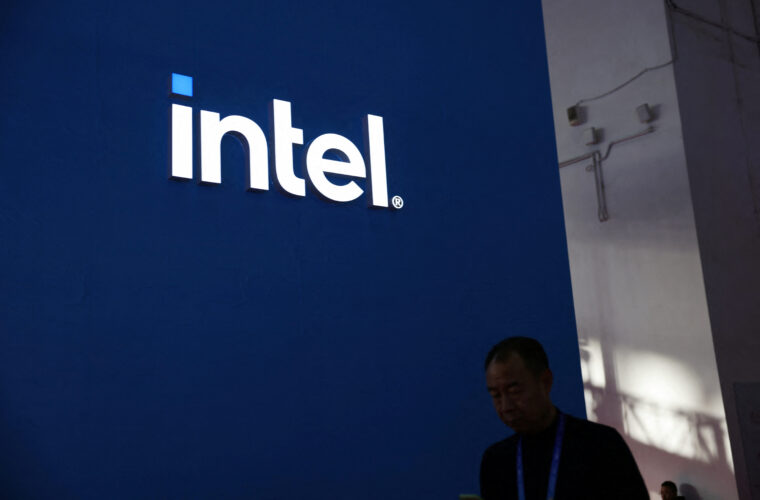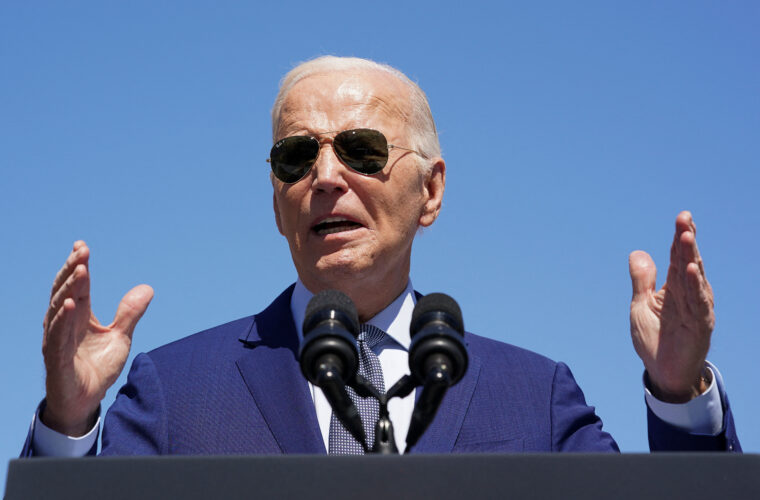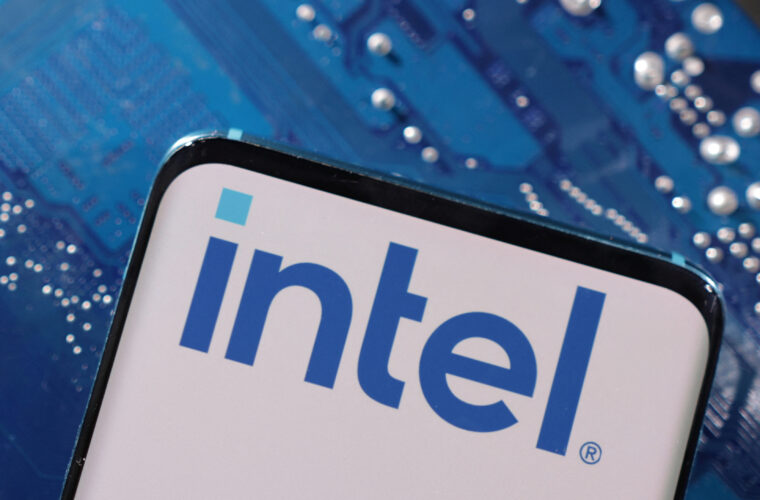An €80 billion investment plan to expand operations in Europe and turn the continent into a strategic area for chip development. This is how Intel aims to maintain a leading role in the semiconductor industry, which has been brought to its knees by the pandemic and rising raw material prices. The aim is to bring the entire chip chain (research and development, production and packaging) to European countries, in order to reduce dependence on imports from Asia, with a ten-year project covering six countries: Germany, France, Italy, Poland, Ireland and Spain.
“The investments we have planned are a major step for both Intel and Europe. The European Union’s Chips Act will give private companies and governments the opportunity to work together to advance Europe’s position in the semiconductor industry. This broad initiative will enhance European research and development and bring cutting-edge chip manufacturing to the continent for the benefit of customers and partners around the world,” promised Intel CEO Pat Gelsinger.

The winner of the battle between countries for the largest orders from Intel was Germany, where 17 of the 33 billion euros of the first tranche planned by the company from Santa Clara, California, will be invested. The money will be used to build Silicon Junction, a mega plant for the production of cutting-edge chips that will be built in Magdeburg, a city 160 km from Berlin. Work will begin in 2023 and the factories will become operational four years later, with the creation of more than 7,000 jobs to build the facilities and about 3,000 employees in the company, to which will be added thousands more workers linked to suppliers and partners that will revolve around Intel’s centres.
In France, Intel will set up a research and design centre focused on the development of artificial intelligence-based solutions for multiple sectors: automotive, energy, security, climate, agriculture, genomics and pharmacy. The approximately 1,000 people who will work there will be located in the heart of the Plateau de Saclay, the science and technology hub just outside Paris, which has already been dubbed the French Silicon Valley due to the presence of universities, research institutes, thousands of the best French talents and hundreds of start-ups and technology companies linked to various strategic industrial sectors for the present and future, such as mobility, energy efficiency, aerospace and security.

Intel will invest €12 billion to expand the plant already operating in Leixlip, Ireland, while €4.5 billion will be directed towards Italy, where a factory will be built for the assembly and packaging of chips, which should be inaugurated between 2025 and 2027 and accommodate 1,500 employees, creating another 3,500 jobs among supplier company partners. Minor investments will come, finally, to Spain and Poland: in the first case, Intel aims at a partnership with the Barcelona Supercomputing Center to start workers for advanced computing, while in the second case the goal is to expand resources and performance of the laboratory already active in Gdansk and dedicated to the development of solutions for neural networks, data centres and cloud computing.
Intel’s investments in Europe are a consequence of the European Commission’s relaxation of state aid rules for chip factories. In the hope of securing a large part of the budget put on the table by the US company, all countries have offered substantial incentives to Intel, which for its part has chosen to distribute factories, research centres and laboratories in different countries, so as to secure greater subsidies.



